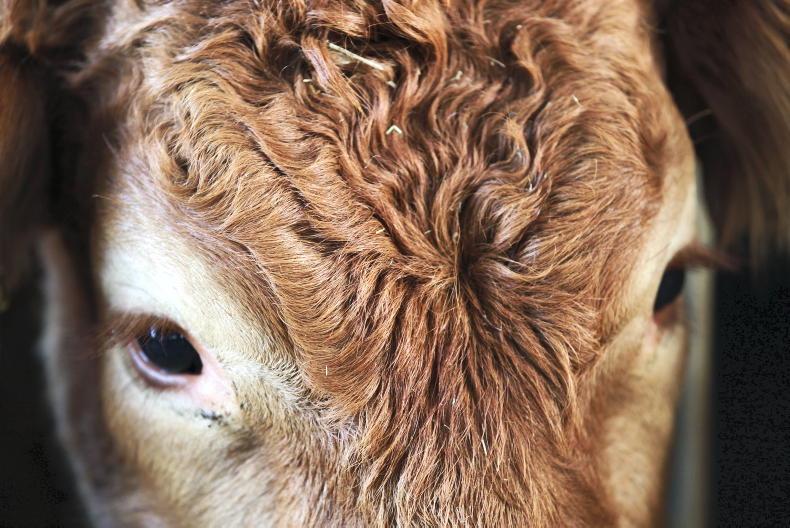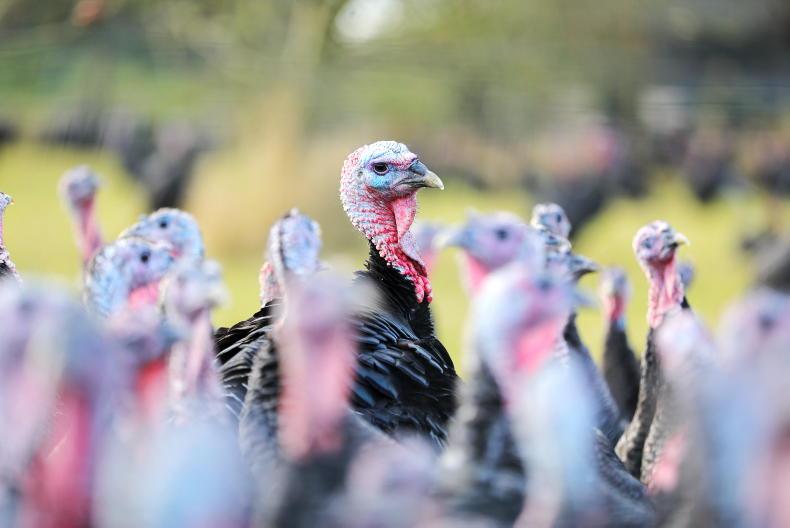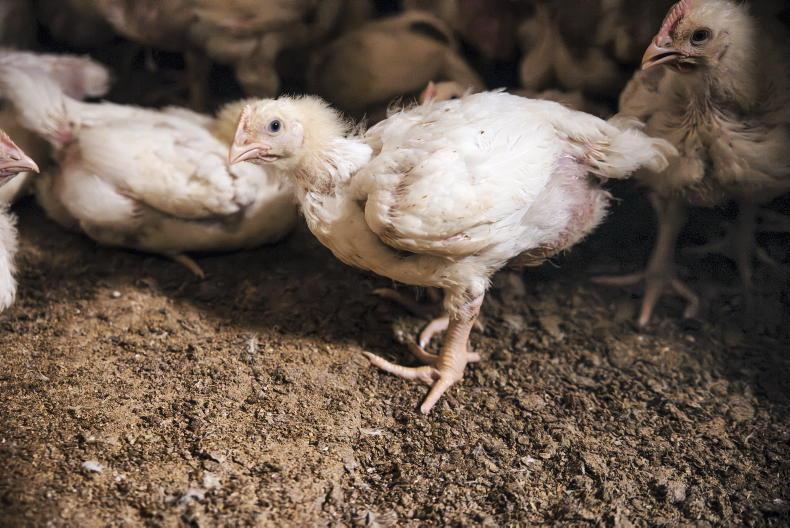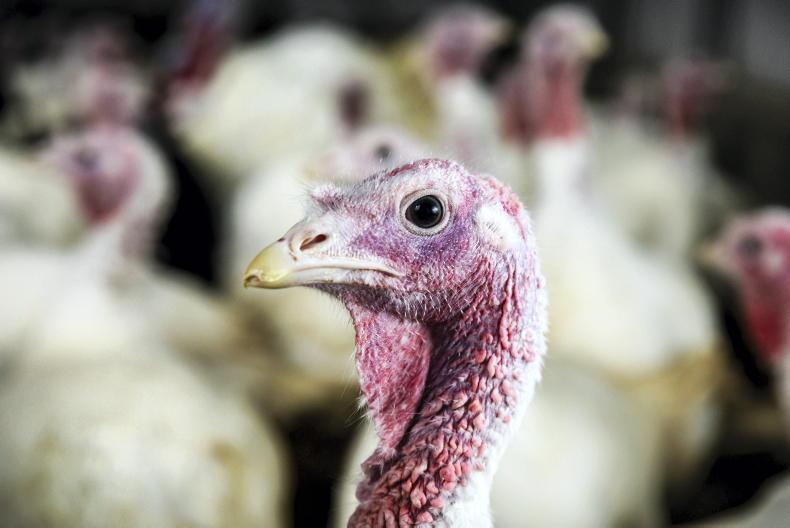Amid bird flu fears, a requirement was brought in to house or completely enclose poultry in netting to prevent disease spreading.
However, from Thursday, farmers in England will be able to let birds outside, provided they put in place additional biosecurity mitigation measures to minimise the risk of infection from wild birds, the Department for Environment, Food and Rural Affairs (DEFRA) said.
At the end of February, some free-range birds in low-risk areas were allowed out, but now it applies across England.
Migration means a lower risk now exists
The same rules apply in Northern Ireland and an avian influenza prevention zone had to be put in place when the confinement period ended on 17 March.
Measures include minimising movement in and out of bird enclosures, cleaning footwear, keeping areas where birds live clean and tidy and feeding birds indoors.
The UK’s chief veterinary officer Nigel Gibbens said that while the strict housing period may have ended, this “does not mean business as usual” and that a risk still exists.
DEFRA said the latest scientific evidence shows the risk has reduced because of changes in the wild bird population, with the majority of over-wintering migratory birds having now left the UK.
After Thursday, farmers “must still observe strict disease prevention measures to reduce the risk of contamination from the environment, where the virus can survive for several weeks in bird droppings,” Nigel Gibbens added.
Republic of Ireland
The Department of Agriculture confirmed that the housing regulations for Irish poultry are remaining in place until the end of the month.
The confinement period in Ireland was due to expire on 17 March but was then extended to 30 April.
Since St Patrick’s Day, Irish free-range poultry farmers have had to put temporary labelling on products to show that birds are currently being housed.
The Department said at the time that “processors, producers and retailers in the free-range egg and poultry sector must make alternative labelling arrangements in order to remain in compliance with the relevant EU provisions on marketing and labelling of their products”.
The Department had suggested labelling the products “barn eggs” and “barn-reared” however, farmers were wary of such a move, saying the temporary housing labelling was adequate.
Read more
Poultry sector braced for six weeks without free-range label
Amid bird flu fears, a requirement was brought in to house or completely enclose poultry in netting to prevent disease spreading.
However, from Thursday, farmers in England will be able to let birds outside, provided they put in place additional biosecurity mitigation measures to minimise the risk of infection from wild birds, the Department for Environment, Food and Rural Affairs (DEFRA) said.
At the end of February, some free-range birds in low-risk areas were allowed out, but now it applies across England.
Migration means a lower risk now exists
The same rules apply in Northern Ireland and an avian influenza prevention zone had to be put in place when the confinement period ended on 17 March.
Measures include minimising movement in and out of bird enclosures, cleaning footwear, keeping areas where birds live clean and tidy and feeding birds indoors.
The UK’s chief veterinary officer Nigel Gibbens said that while the strict housing period may have ended, this “does not mean business as usual” and that a risk still exists.
DEFRA said the latest scientific evidence shows the risk has reduced because of changes in the wild bird population, with the majority of over-wintering migratory birds having now left the UK.
After Thursday, farmers “must still observe strict disease prevention measures to reduce the risk of contamination from the environment, where the virus can survive for several weeks in bird droppings,” Nigel Gibbens added.
Republic of Ireland
The Department of Agriculture confirmed that the housing regulations for Irish poultry are remaining in place until the end of the month.
The confinement period in Ireland was due to expire on 17 March but was then extended to 30 April.
Since St Patrick’s Day, Irish free-range poultry farmers have had to put temporary labelling on products to show that birds are currently being housed.
The Department said at the time that “processors, producers and retailers in the free-range egg and poultry sector must make alternative labelling arrangements in order to remain in compliance with the relevant EU provisions on marketing and labelling of their products”.
The Department had suggested labelling the products “barn eggs” and “barn-reared” however, farmers were wary of such a move, saying the temporary housing labelling was adequate.
Read more
Poultry sector braced for six weeks without free-range label








SHARING OPTIONS